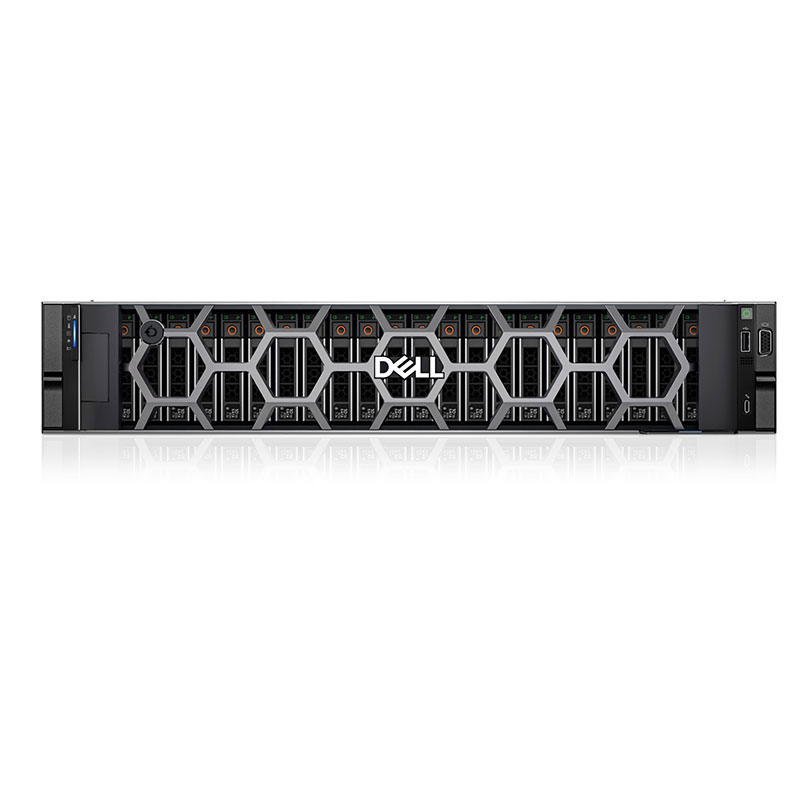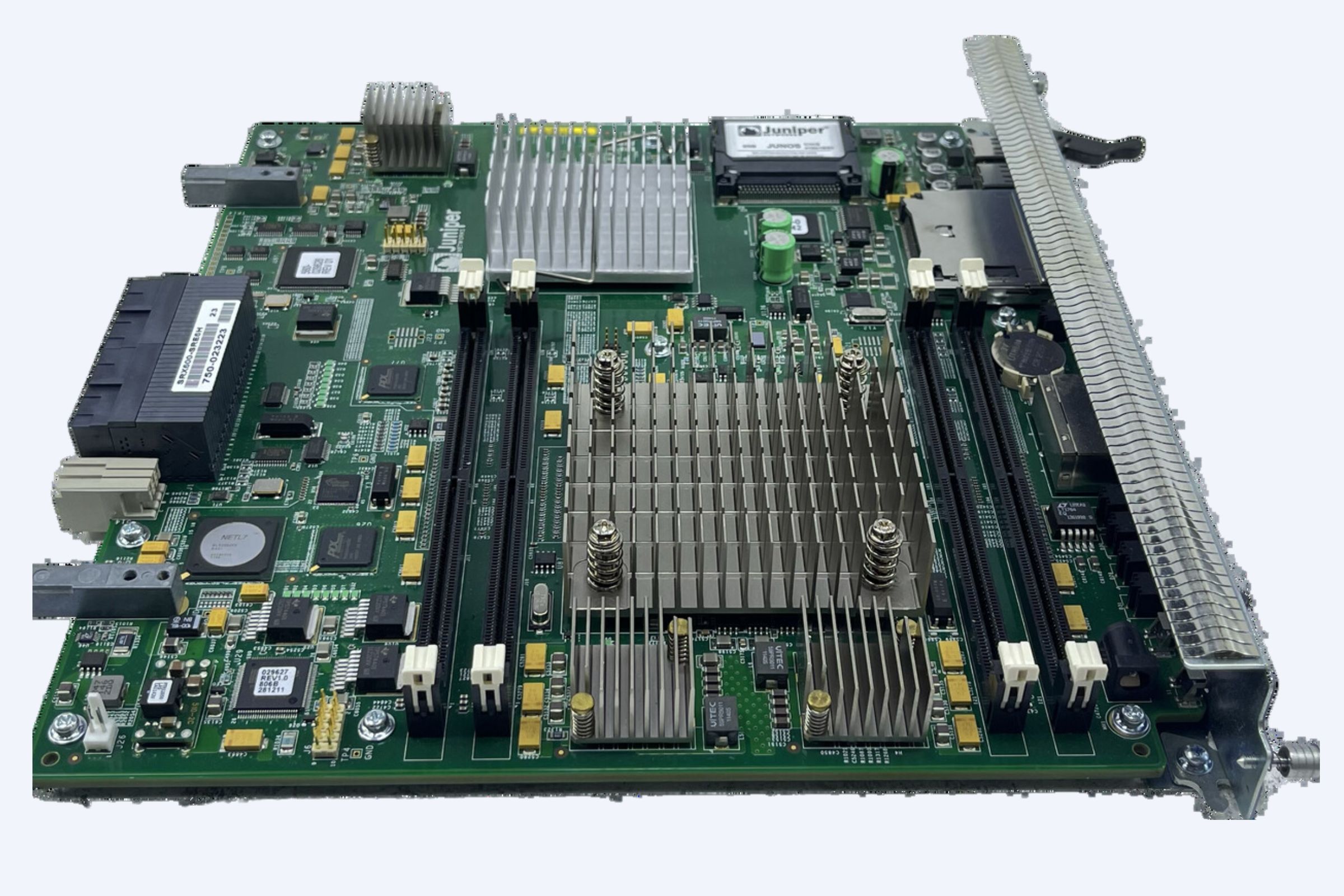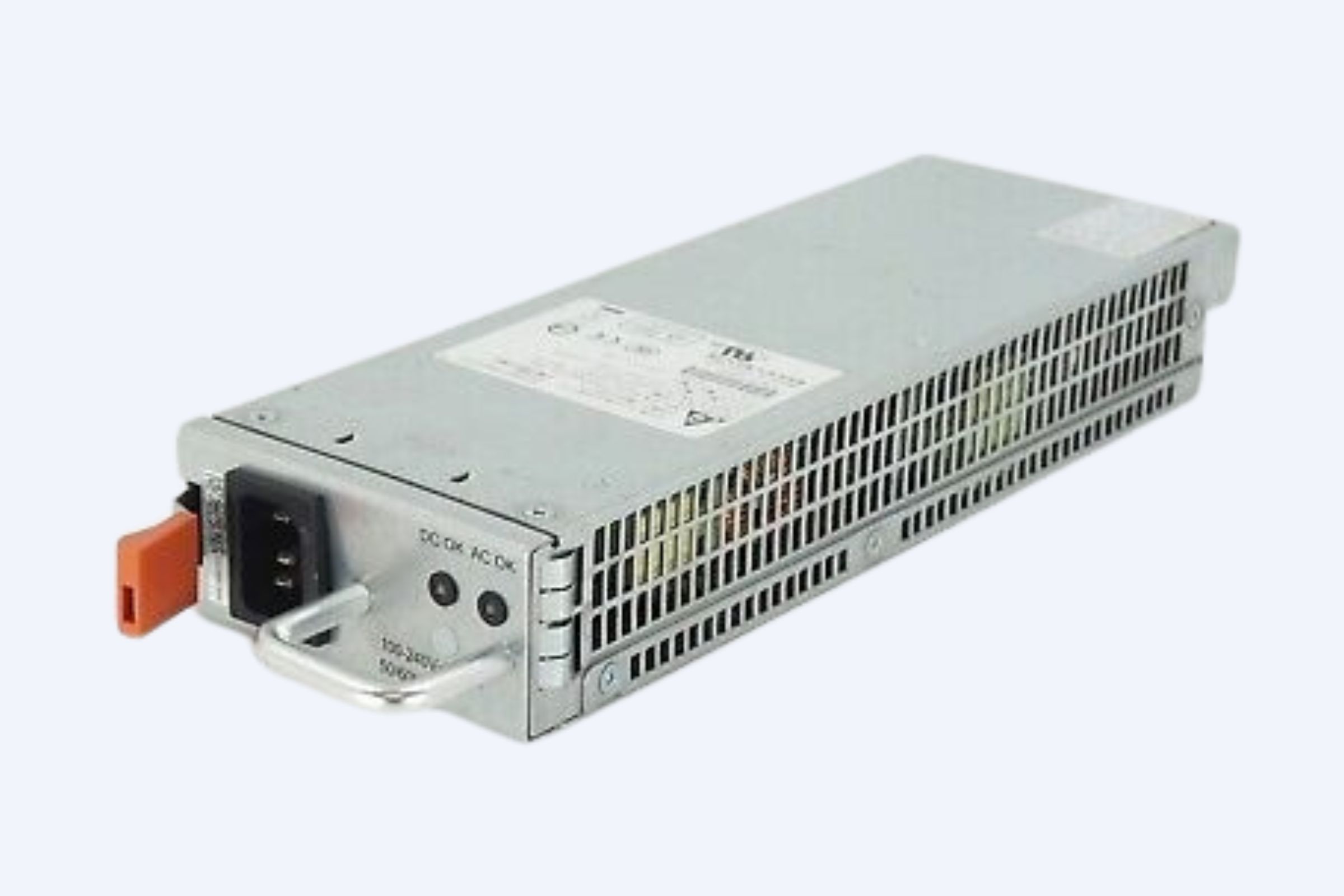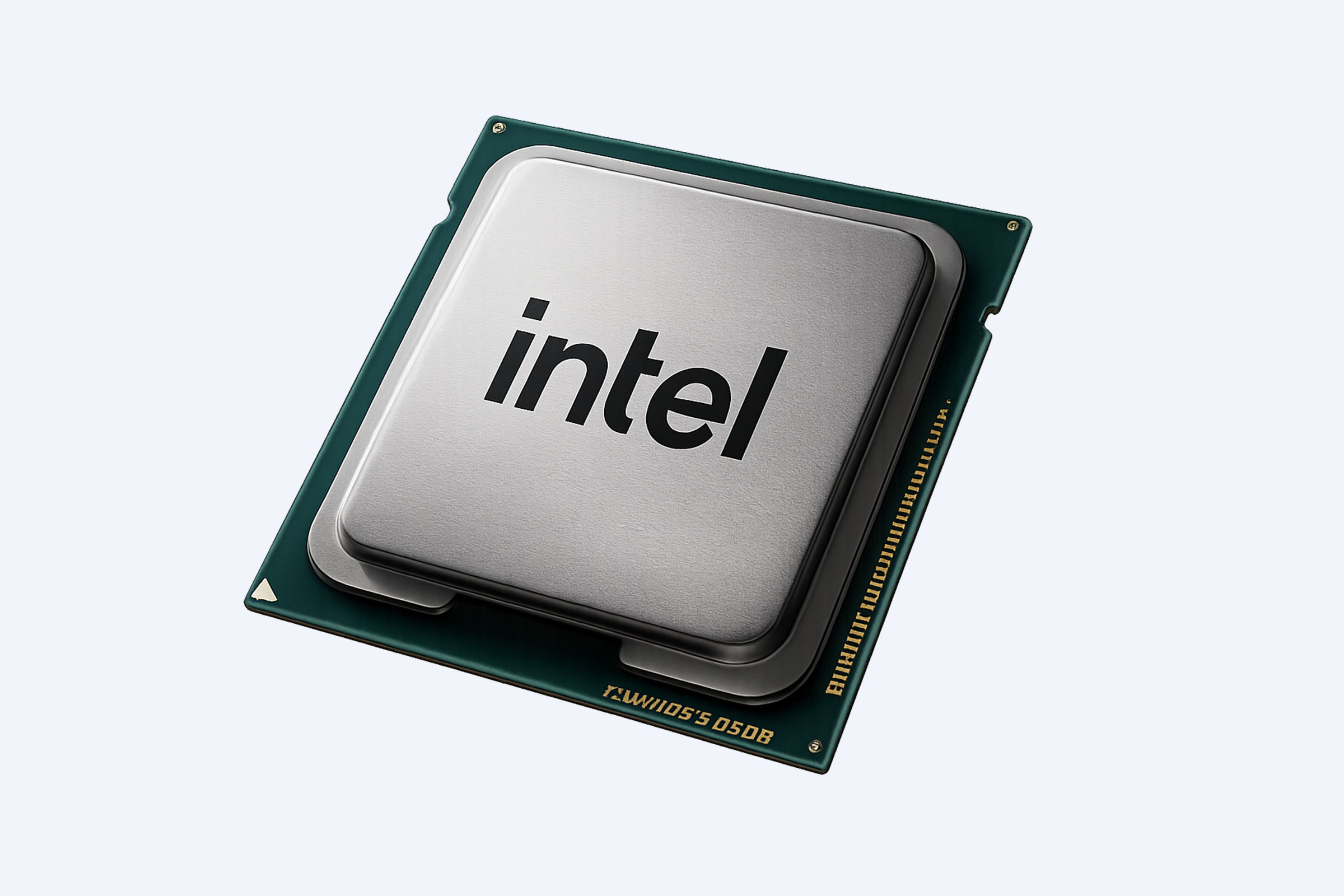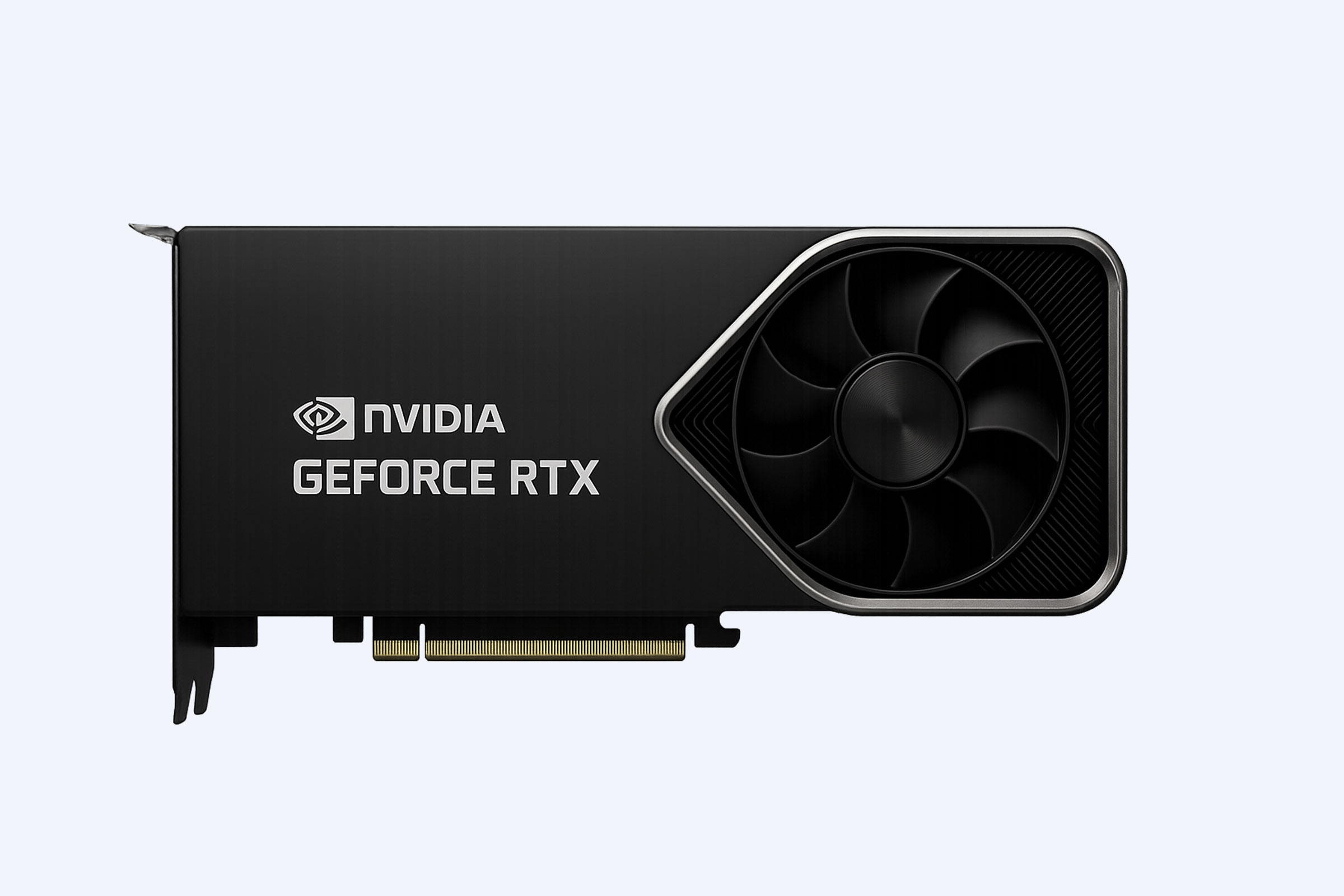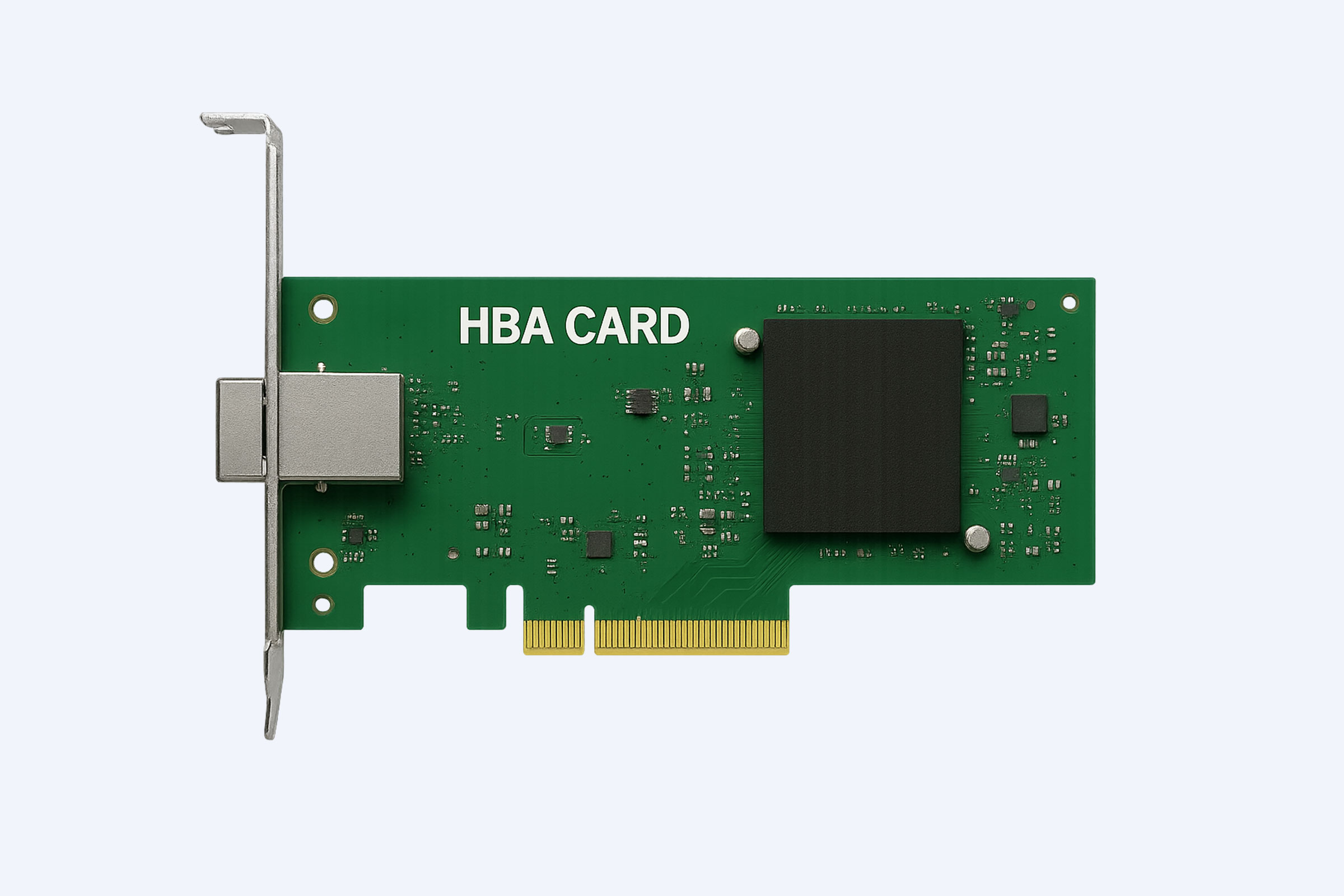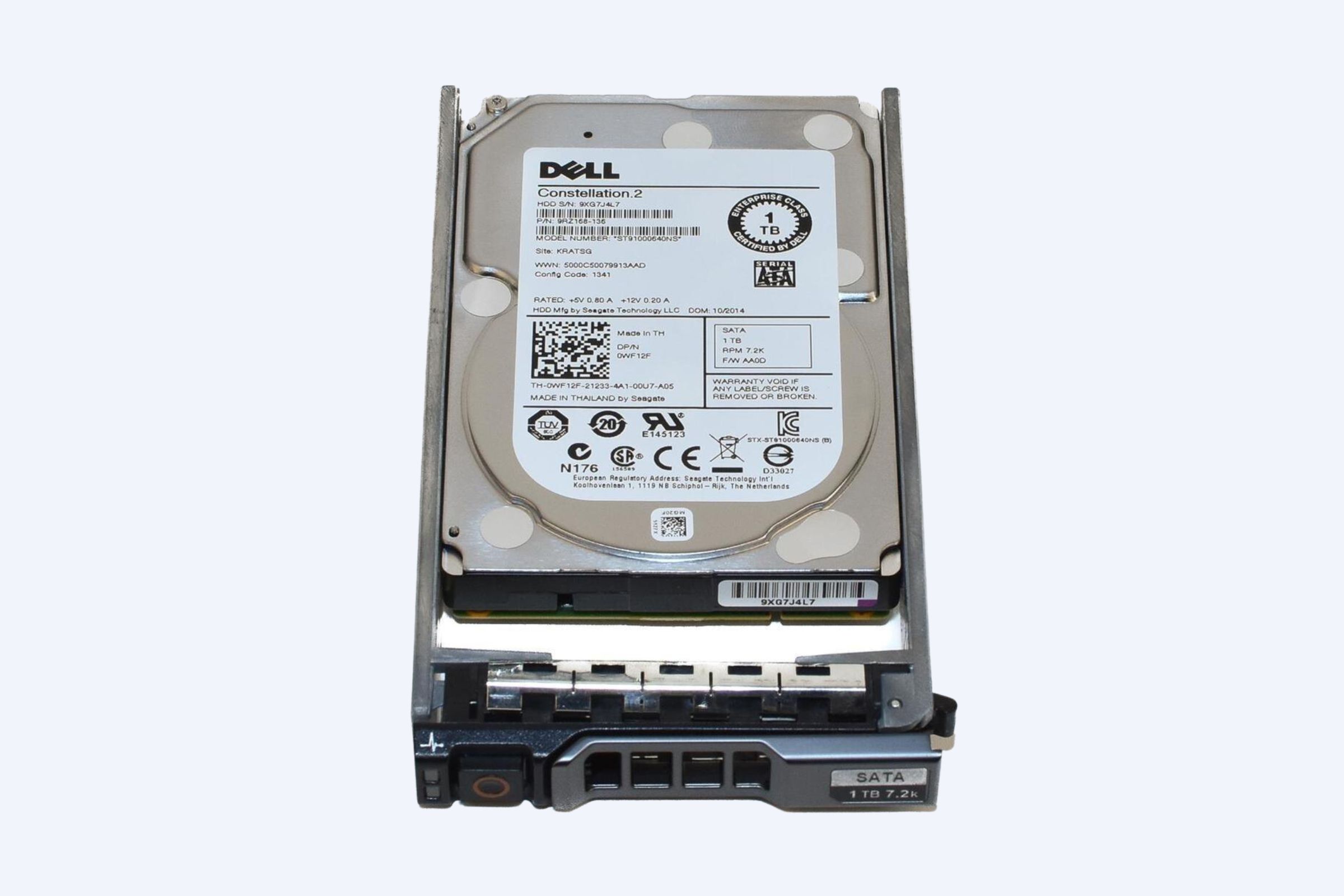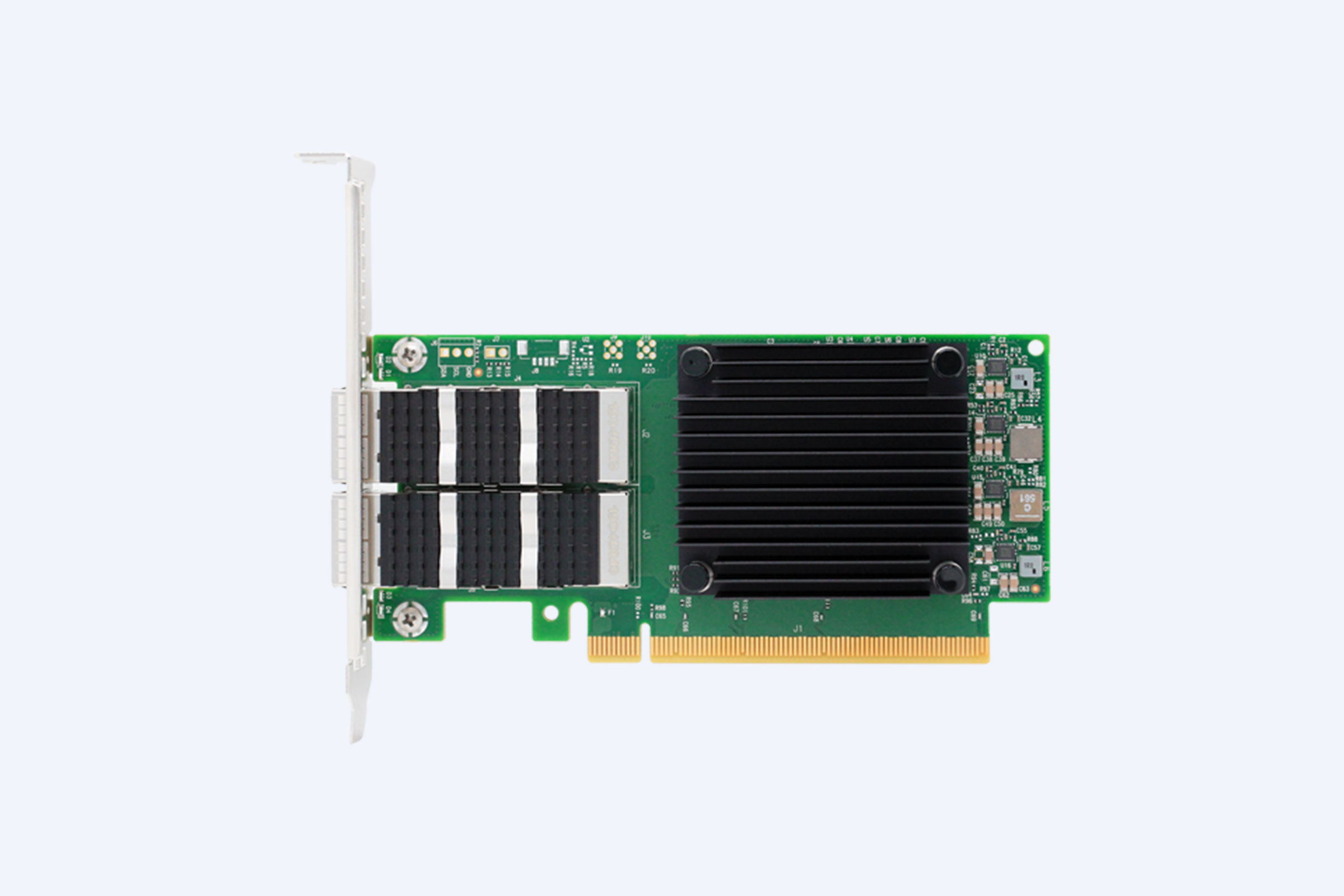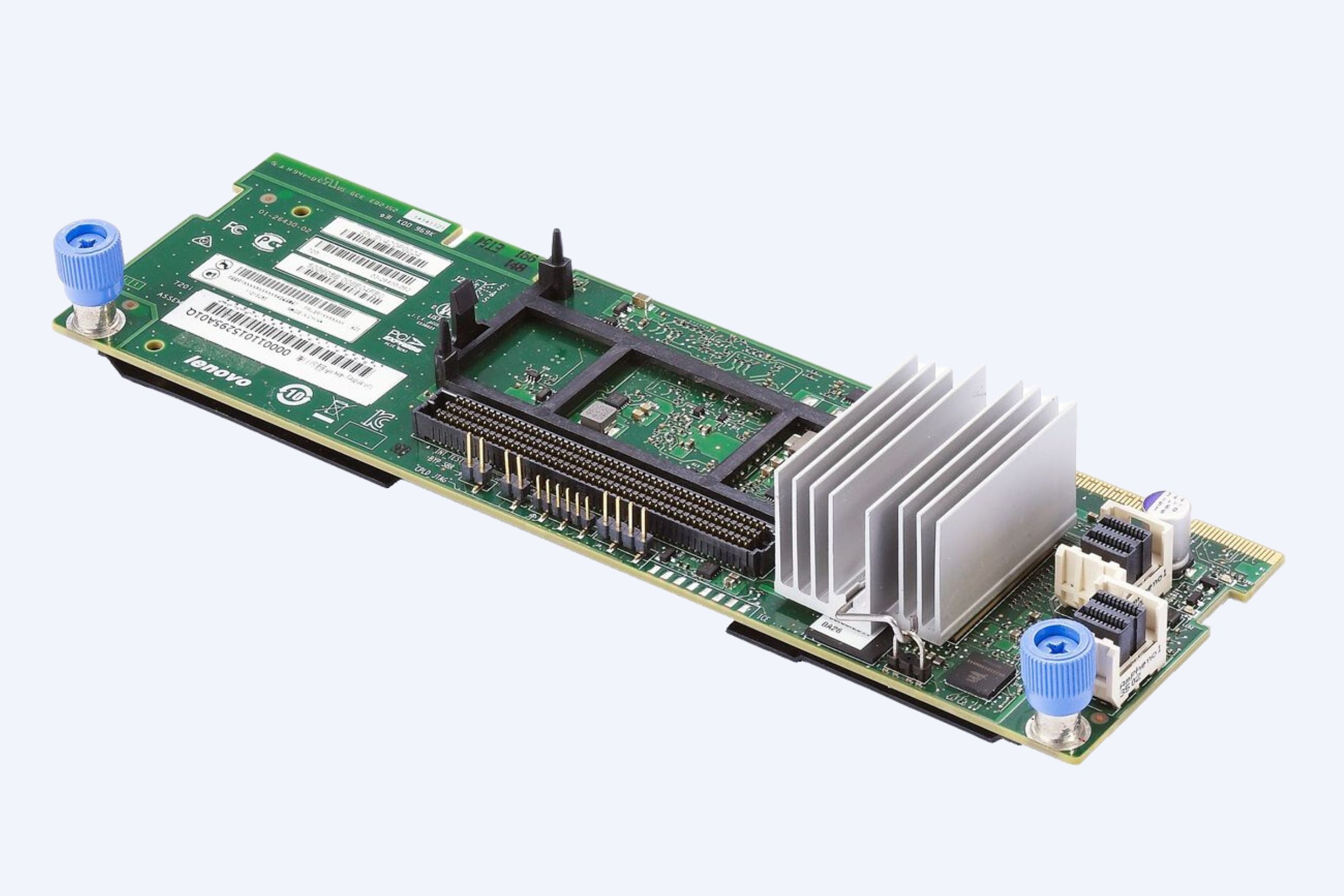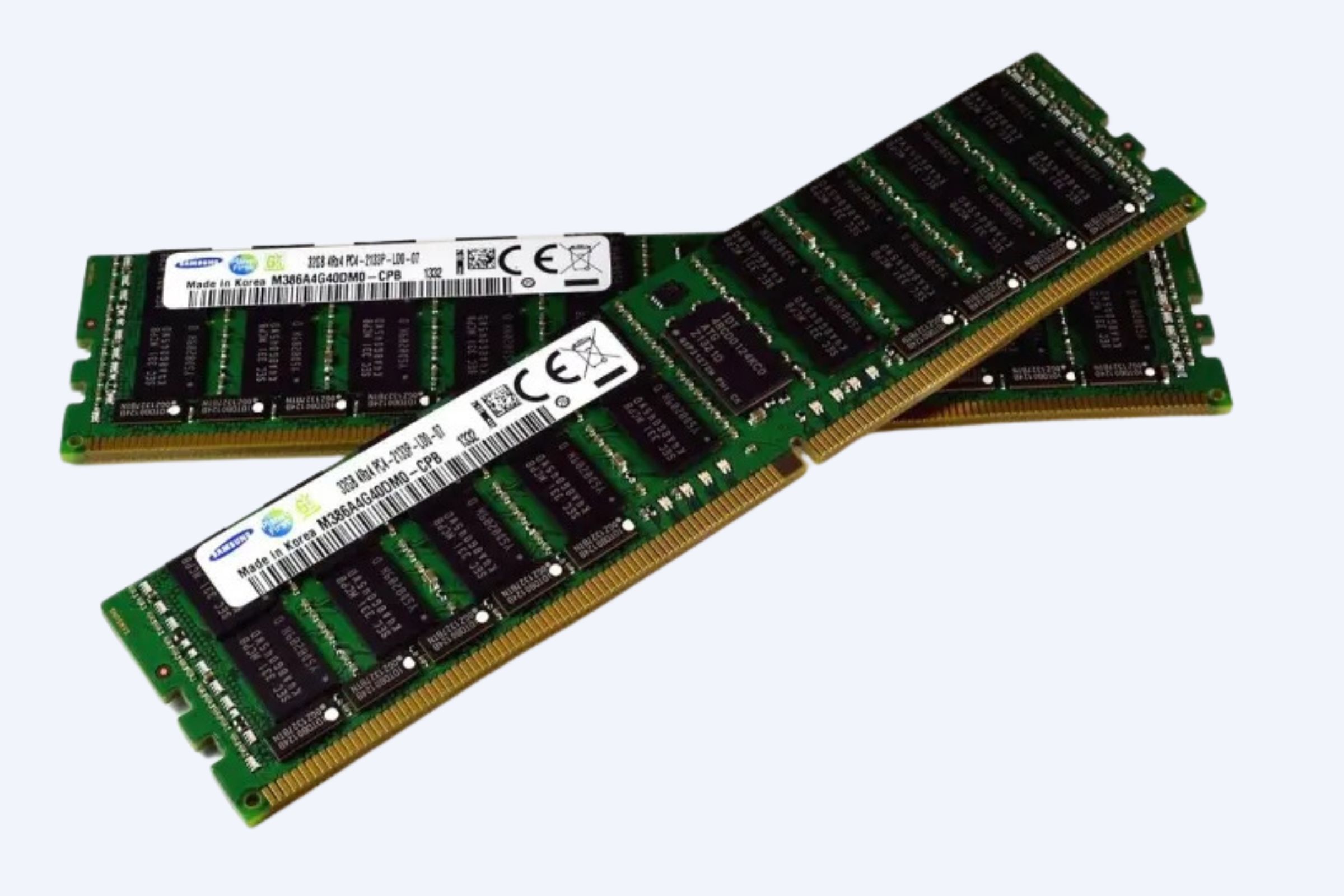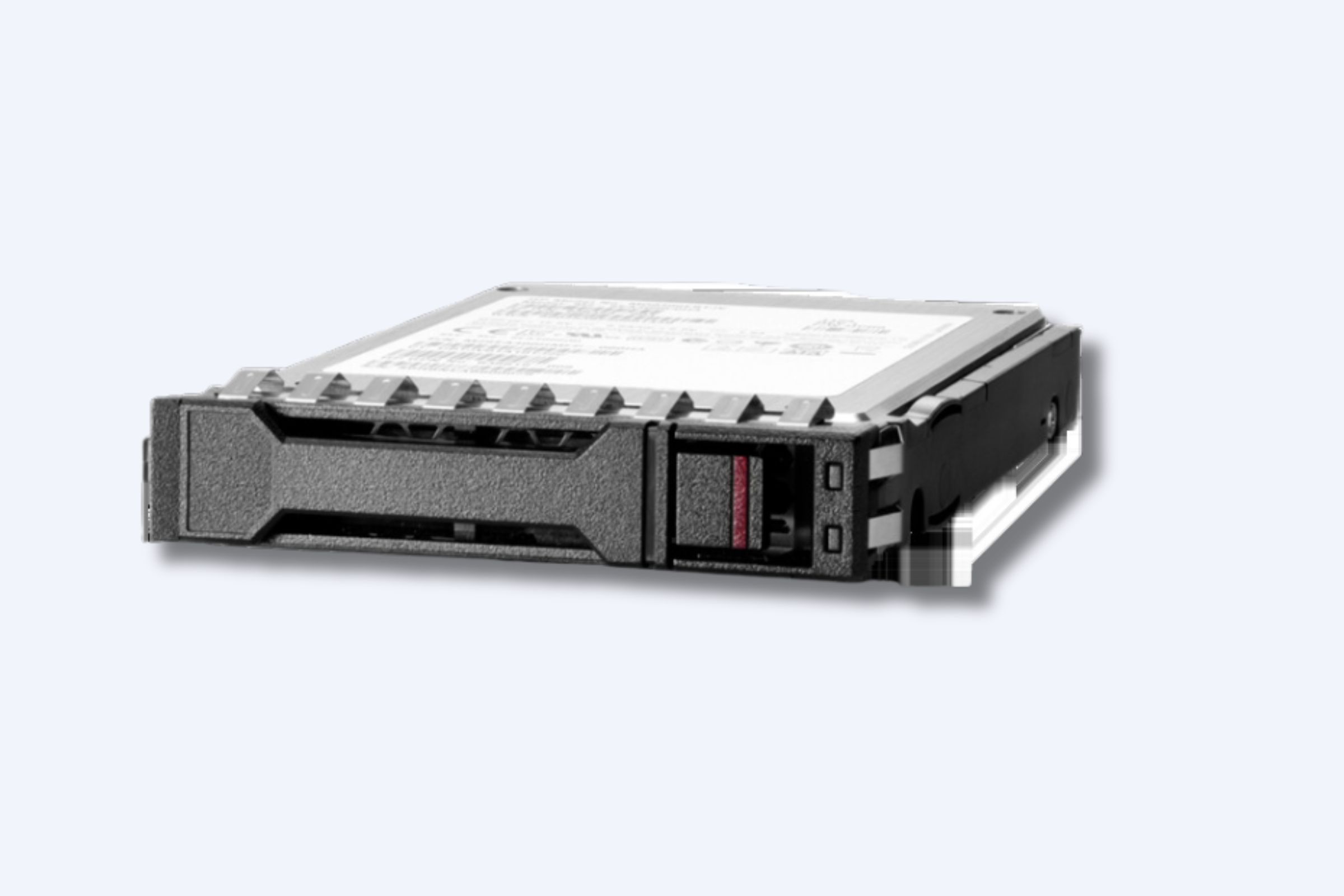Enterprises today rely on powerful servers to handle growing workloads, data complexity, and AI-driven applications. Comparing HPE and Dell servers reveals critical differences in scalability, performance, and long-term value for IT infrastructure optimization.
How Is the Enterprise Server Market Evolving and What Pressures Are Companies Facing?
Global enterprise data creation is predicted to exceed 180 zettabytes by 2025, according to Statista. This explosion in data volume pushes organizations to modernize their server infrastructure for high performance, scalability, and energy efficiency. Meanwhile, IDC reports that 72% of enterprises plan to expand hybrid cloud environments, highlighting the demand for servers that support both on-premise and cloud workloads.
However, outdated legacy servers remain a bottleneck. Many businesses still run hardware older than 5 years, resulting in slow virtualization speeds, higher downtime, and increased maintenance costs. These inefficiencies become significant barriers to achieving digital transformation and AI-readiness.
What Are the Current Industry Pain Points in Server Infrastructure?
Enterprises face three major pain points: inconsistent compute performance, scalability challenges, and complex maintenance cycles. With energy prices rising globally, power efficiency has become just as important as CPU or GPU power. Moreover, a lack of unified management tools often leads to fragmented IT operations, making it harder for organizations to adapt quickly to new business demands.
Another rising issue is supply chain instability. Businesses need reliable hardware partners who can ensure consistent inventory and certified equipment. That’s where suppliers like WECENT fill a critical gap—offering authorized Dell and HPE servers with original components and rapid delivery.
Finally, performance tuning across different applications—such as virtualization, AI training, or real-time analytics—now requires servers optimized for specific scenarios. This is driving enterprises to evaluate whether Dell’s PowerEdge series or HPE’s ProLiant Gen11 architecture better aligns with their workloads.
Why Are Traditional Server Solutions Falling Short?
Traditional server solutions often suffer from rigid configurations and limited scalability. They can handle basic file and database workloads but struggle under AI and machine learning operations that require multi-GPU parallel computing.
Moreover, as hybrid cloud adoption accelerates, servers must seamlessly integrate with cloud orchestration tools. Older infrastructure lacks built-in automation and cloud API compatibility. This increases IT team workloads and slows deployment speed.
Lastly, maintenance and firmware patching for legacy systems often require manual intervention, leading to security vulnerabilities and extended downtime.
What Makes Modern Enterprise Servers from HPE and Dell More Effective?
Modern HPE ProLiant and Dell PowerEdge servers integrate next-generation processors, smart power management, and improved security layers. For instance, Dell’s 16th and 17th Generation PowerEdge models now support up to dual 5th Gen AMD EPYC or Intel Xeon Scalable processors, optimized for AI workloads. HPE’s Gen11 ProLiant DL380 and DL560 series are built for hybrid cloud-ready architecture, with workload tuning profiles and edge acceleration.
WECENT, an experienced supplier and integrator of both HPE and Dell servers, helps enterprises assess load requirements and choose configurations with the best balance of performance, capacity, and cost efficiency.
Which Delivers More Value: Traditional Servers vs. Modern Enterprise Solutions?
| Feature/Aspect | Traditional Servers | Dell PowerEdge / HPE ProLiant (via WECENT) |
|---|---|---|
| Scalability | Limited static configuration | Modular design with flexible expansion |
| Performance | Moderate for basic workloads | Optimized for AI, analytics, and virtualization |
| Power Efficiency | Higher power consumption | Adaptive cooling, 20–30% energy savings |
| Security | Manual patching required | Built-in firmware protection and automation |
| Management | Separate control tools | Centralized via iDRAC (Dell) or iLO (HPE) |
| Availability | Limited parts access | Full OEM-certified hardware from WECENT |
How Can Enterprises Implement This Solution Through WECENT?
-
Consultation: WECENT experts assess specific workload and data center goals.
-
Solution Design: Optimal configurations of Dell or HPE servers are proposed.
-
Procurement: Clients receive verified original hardware with manufacturer warranty.
-
Deployment: WECENT assists with setup, testing, and integration.
-
Support: Ongoing technical and maintenance assistance ensures continuous uptime.
Where Have Enterprises Seen the Most Impact?
Case 1 – Financial Institution (High Reliability)
Problem: Database response delays of 1.8 seconds during trading peaks.
Traditional Approach: Low-core servers with HDD storage.
Result with Dell PowerEdge R760 (via WECENT): Reduced response to 0.25s, increased secure transactions by 40%.
Case 2 – Healthcare Data Center (Scalability)
Problem: Data storage growth outpaced cluster limit.
Traditional Approach: Add-on servers creating network latency.
Result with HPE DL380 Gen11: 35% faster access rates and unified data management.
Case 3 – AI Start-Up (GPU Performance)
Problem: Training AI models taking 20 hours per iteration.
Traditional Approach: Consumer-grade GPU systems overheating.
Result with Dell PowerEdge XE9680 via WECENT: Achieved 4.8× faster training times and improved thermal stability.
Case 4 – Education Cloud Platform (Hybrid Environment)
Problem: Unstable performance during remote exam scaling.
Traditional Approach: Virtual servers on legacy racks.
Result with HPE DL560 Gen11 from WECENT: 60% improvement in virtualization speed and dynamic scaling.
Why Should Enterprises Choose Now to Upgrade?
Data-driven operations, AI readiness, and energy efficiency are now business imperatives, not luxuries. Servers purchased today must remain relevant for at least the next 5–7 years. Delaying upgrades risks escalating maintenance costs and operational risks.
With WECENT as a trusted partner, companies gain not only hardware but also complete lifecycle services—consultation, deployment, and technical continuity. This ensures enterprises achieve peak performance now and future-proof capacity for tomorrow.
FAQ
1. Which server brand—HPE or Dell—offers better performance for virtualization?
Both excel, but Dell PowerEdge servers generally deliver slightly higher performance for virtualization due to their iDRAC management and GPU-optimized design.
2. Can WECENT provide custom configurations for unique workloads?
Yes, WECENT supports OEM customization including GPU expansion, RAID configuration, and memory optimization tailored to project demands.
3. Are HPE servers more energy efficient than Dell?
HPE ProLiant Gen11 models feature adaptive power capping and 80 PLUS Titanium efficiency, slightly outperforming Dell on energy control.
4. Does WECENT supply original hardware with global warranty?
Yes, all products are sourced from certified manufacturers with official warranty coverage.
5. Can enterprises mix both Dell and HPE servers in one data center?
Absolutely. WECENT helps design hybrid clusters where Dell handles compute-heavy tasks and HPE supports storage or management functions.



